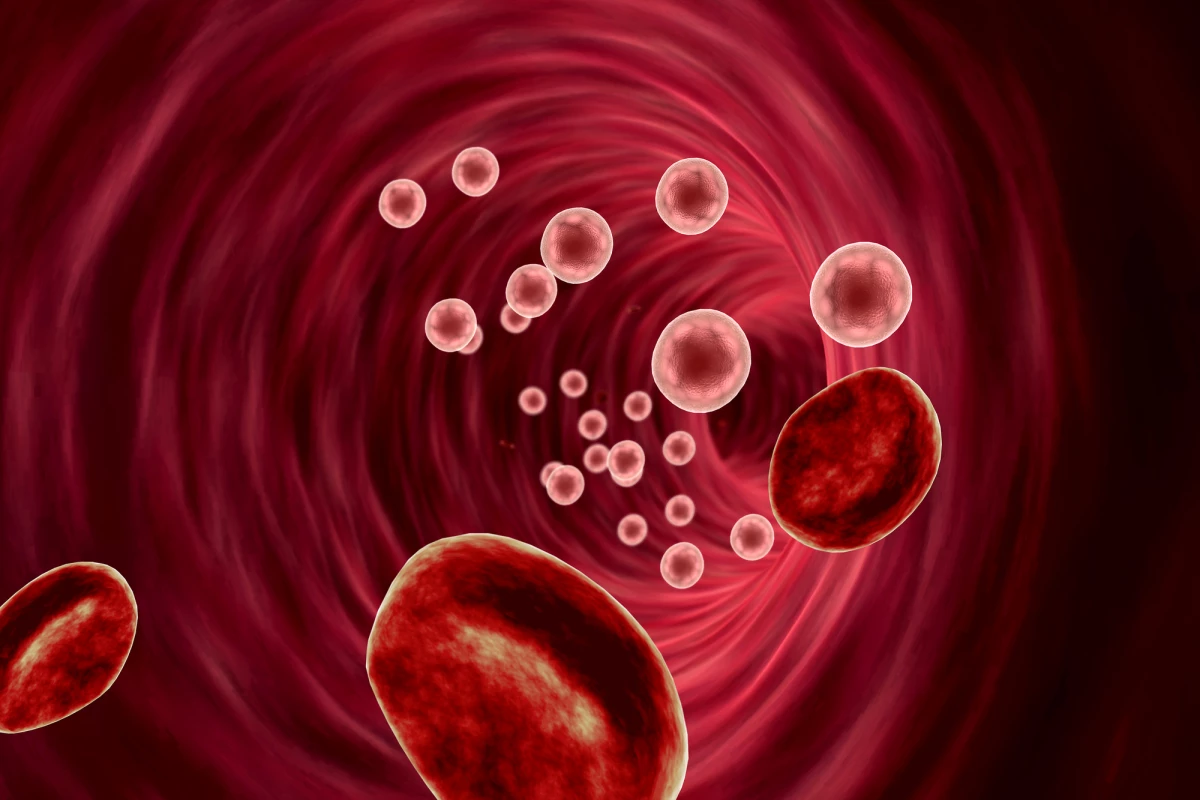One of the harmful effects of diabetes is the way it impacts on the blood vessels, not only narrowing them to drive up the risk of stroke and heart attacks but preventing the formation of entirely new ones. Researchers have produced what they say is the first evidence that exercise can counter this consequence of the disease, and point to drugs already under development that could mimic these effects for sufferers of the disease.
Exercise is a well-established way to manage diabetes, but there is still a lot for us to learn about the mechanisms at play in this relationship. Scientists at the Medical College of Georgia turned their focus to the body's natural ability to grow new blood vessels, a process known as angiogenesis, and the way exercise can promote it with the help of what are known as exosomes.
Exosomes are packages filled with valuable biological cargo. Two ingredients of of particular interest to the authors are the antioxidant SOD3, which helps maintain healthy levels of reactive oxygen species that are vital for cell signaling, and the protein ATP7A, which delivers essential copper minerals to cells. Diabetes is known to impair these key biological functions.
The scientists conducted experiments designed to explore how exercise can alter the contents of exosomes that deliver cargo to endothelial cells, which line the blood vessels and are key players in angiogenesis. Mice undertook a two-week running wheel program, while a group of healthy middle-aged human adults completed just a single 45-minute cardio session at moderate intensity.
In both groups of subjects, the exosomes were found to deliver more of the ATP7A protein to the endothelial cells, along with a higher amount of SOD3. While this didn't significantly impact on the weight of the mice, the scientists did observe increases in endothelial function and markers essential for angiogenesis, such as vascular endothelial growth factor.
According to the authors, the results of the study raise the prospect of developing "synthetic exosomes" that recreate this effect. Some of these are already being studied for use as drug delivery mechanisms for a wide-range of conditions, and the scientists believe they could be adapted to counter impaired angiogenesis among diabetics. Promisingly, the scientists report some early success developing synthetic exosomes in which SOD3 is overexpressed, which improved angiogensis and wound healing in mouse models of the disease.
The research was published in The FASEB Journal.
Source: Medical College of Georgia




